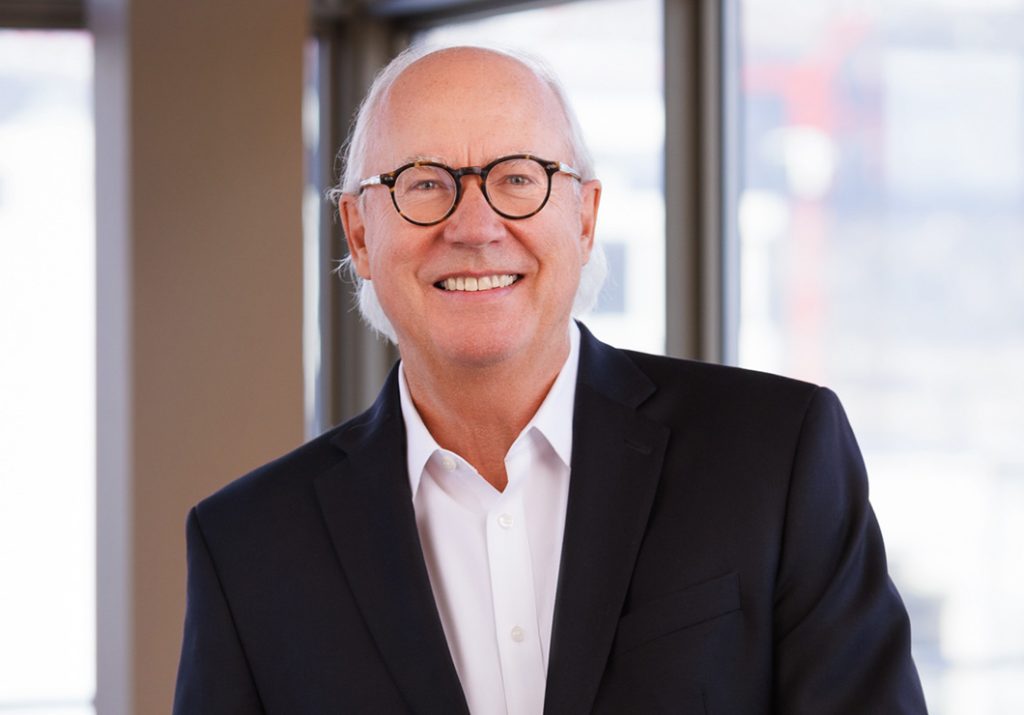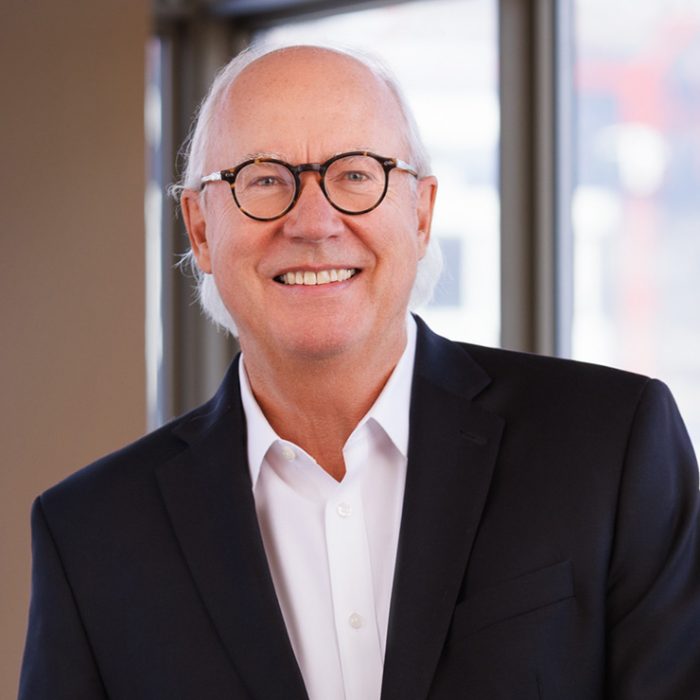While out on the road, you see a motorcycle accident, or you may be involved in one yourself. What should you do, and how can you help?
- Call 911. You’d be surprised how often this is forgotten or delayed. Do it right away; every minute counts when someone’s life is at risk. Report the exact location of the incident and basic details of what has happened.
- If breathing is taking place normally, LEAVE THE HELMET ON! You could do more damage if you try and remove a rider’s helmet. Remove the helmet only if the airway is blocked or the victim is not breathing.
- If the helmet was removed, send it along in the ambulance. The doctors may use the visible damage to the helmet to assist them in what to look for in terms of injuries.
- Make the area as safe as possible. Other traffic could pose further risk to both the accident victim and you. This may require asking passersby and other road users to act as look-outs or signalers and help with directing traffic. Get someone up-road and down-road to wave down traffic. This is especially important in tight curves where they may not have time to stop after seeing the accident site.
- People have often been hurt trying to help a motorcyclist simply because the area has not been made safe. Make sure you are safe before offering any First Aid or other assistance. Only then should you return to the injured person. But, on no account, should you attempt to move them until the EMTs arrive.
- If you’re trained to do so, provide CPR and/or First Aid. If you have had proper training, you should check on whether the injured person is breathing, as they may have gone into cardiac arrest and their heart has stopped.
- EXCHANGE details – this is a legal obligation for anyone involved in an accident. Obtain the other party’s full name, address, telephone number (mobile and landline) and, very importantly, their insurance details. In return, provide your details.
- Identify Witnesses. In addition to obtaining the personal information of the other drivers involved in the motorcycle accident, write down the names, phone numbers, and addresses of any witnesses at the scene, and try to get their written statements detailing what each saw.
- Use your mobile phone to tape a statement from them, if they will agree.
- PHOTOGRAPH the scene of the accident (use your mobile phone camera) and make a sketch of the accident scene, highlighting the point of impact and including reference to the direction you were travelling in.
- Before the Police arrive, try to not move the motorcycle or parts any more than necessary. They may need to take accident scene notes and by moving things around you may confuse the situation for them. Parts will need to be moved off the road to avoid further accidents, but move them directly to the side so the police can determine roughly where the motorcycle stopped if necessary.
- Do not discuss the accident with anyone except the police officer investigating the scene. If you were involved, do not admit liability, even to the officer. Any statement you make could be used against you later, so you want to make sure you stick to the facts and let the investigation determine who is at fault. In the case of an injury accident, reserve any statements for your motorcycle accident lawyer.
- Ask the investigating officer to provide you with his or her business card and the incident number so that you can obtain a copy of the accident report.
- If you are arrested and taken into custody, do not resist. An arrest does not automatically constitute civil liability. Once again, refrain from making any statements until you contact your lawyer.
- If someone was injured contact your AIM representative so they can visit them in the hospital and assist where necessary.
- WRITE your own description of the accident, including as much information as possible (e.g. weather conditions, road conditions, direction of travel, street names, road numbers, skid marks, injuries and vehicle damage). Date this record and keep it for your own use. Do not provide this information to any other party.
- Notify ICBC of the accident immediately. Make sure you document this notification. If you fail to alert ICBC of the accident, it may have grounds to deny any accident claims you file. If you have private coverage on your motorcycle, inform that company as well.
- Do not make any statements without first consulting a lawyer.
- If injured, see your doctor immediately. Do not wait to see if the injuries resolve. ICBC will use this delay against you.
Paul Mitchell, Q.C. is a partner with the law firm of Pushor Mitchell LLP, in Kelowna BC. He has extensive experience with catastrophic injury claims arising from motorcycle accidents. He is an approved lawyer for AIM (The Association for Injured Motorcyclists, Interior Chapter).

